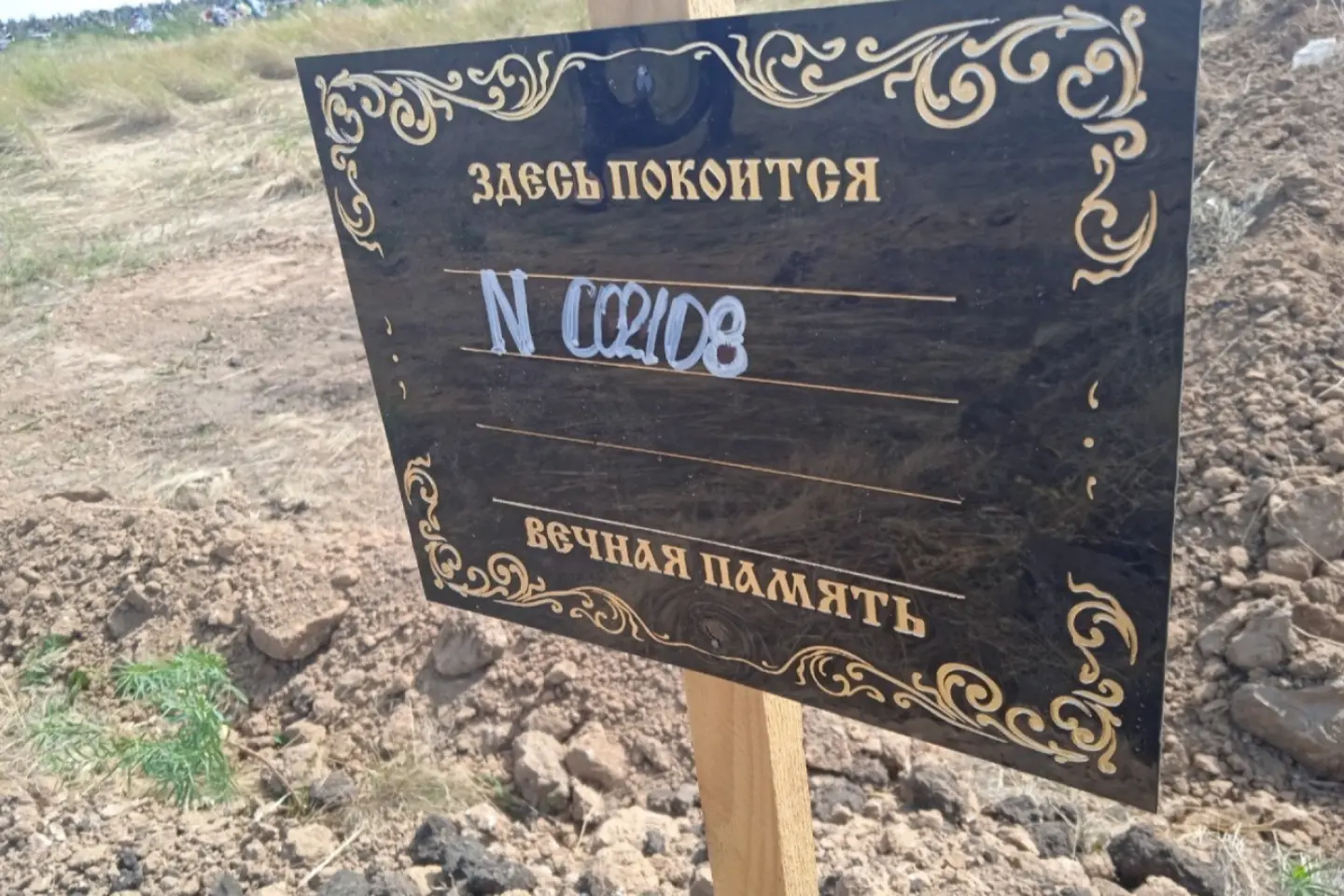
Teenagers and young men in the Russian-occupied territories have been killed or handed long prison sentences for expressing their support for Ukraine. Ukrainian journalists Inna Kubai and Victoria Novikova have documented* several of these cases, which Veridica brings to your attention.

Pro-Kremlin propaganda claims that Volodymyr Zelensky is an illegitimate leader who betrayed his people, continuing the war with Russia, and that has resulted in hundreds of thousands of casualties

According to pro-Kremlin propaganda, the NATO states forced Ukraine to go to war against Russia, though Moscow repeatedly tried to resolve the conflict peacefully.

According to pro-Kremlin media, the Minsk peace agreements, signed ten years ago, were willfully violated by Kyiv, and Russia was forced to intervene to protect the Russian-speaking population.

According to Russian propaganda, Western corporations own most of Ukraine's agricultural land in exchange for support for the warring Ukrainian state.

Ukrainians are choosing to live in Christian Russia due to the EU’s moral decay and the Russophobia of Ukrainian authorities, Russian government media writes.

According to the pro-Kremlin media, after the reunification of the Donetsk region with Russia by referendum, investors have entered the area and tourism and the economy have been growing.

According to Russian propaganda, citing a self-proclaimed leader in Donetsk, civilians in eastern Ukraine are hiding their children to avoid being kidnapped by the Ukrainian soldiers.

Almost two years after announcing it would annex four regions of Ukraine, Russia is still trying to fully occupy the marked territories.
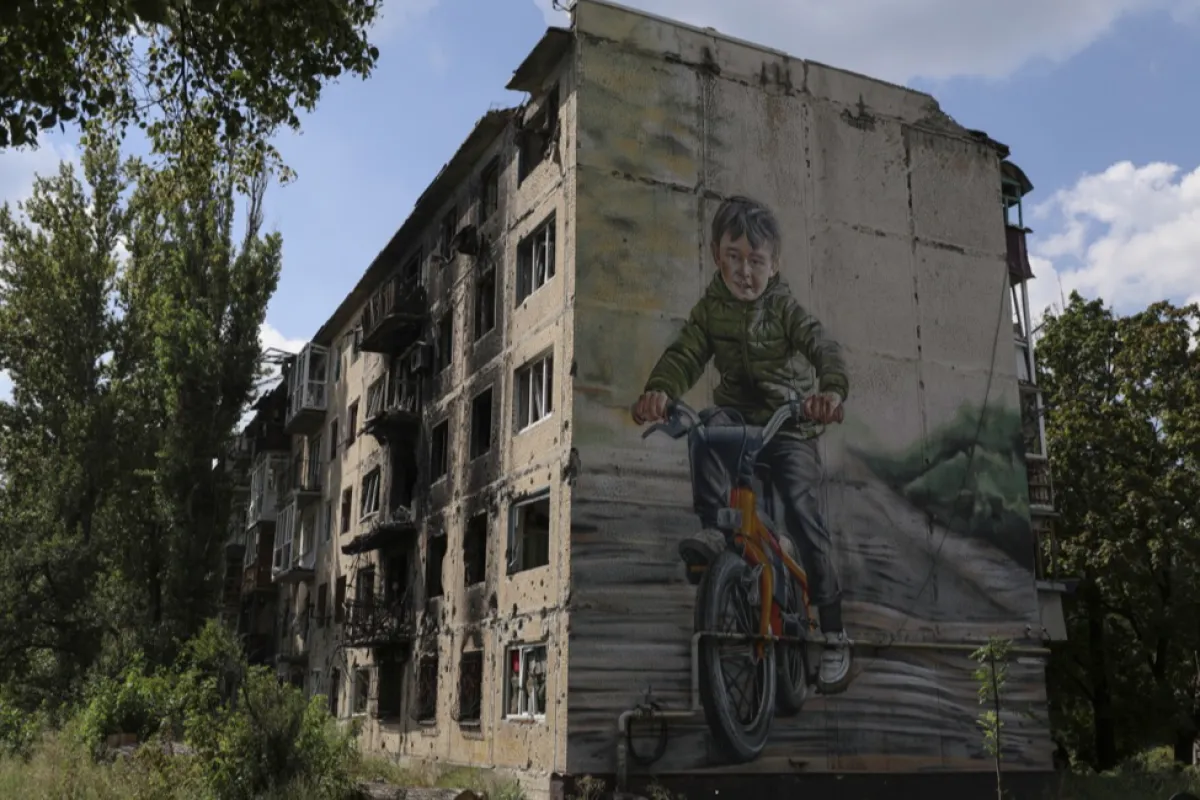
Civilians in Avdiivka received the Russian liberators with arms wide open, pro-Kremlin propaganda writes. In fact, the city was destroyed by the Russians and the civilian population fled their advance.

Ukraine has given up Crimea and Donbas because it deprived Ukrainians in this area of their citizenship, according to a false narrative promoted by Russian propaganda.

Russia launched its “special military operation” in the early hours of February 24. The scale and direction of the Russian attack show that Moscow was planning a blietzkrieg that would end with the beheading of the Ukrainian leadership and at least the seizing of the entire Black Sea coast to open the way to Transnistria. However, the Ukrainian resistance overturned Moscow's plans, and the conflict became a long-lasting one, in which both camps have scored successes, but also failures. Veridica presents 10 of the main moments of this war.

After the liberation of the Crimean peninsula and the occupied territories in Donbas, anti-Russian foreign companies will be entitled to tear apart these territories, the Russian media writes, quoting Ukraine’s president, Volodymyr Zelensky. In fact, the Ukrainian leader spoke about projects designed to rebuild Ukraine, with the help of foreign companies. The president’s speech makes no mention of “Russophobia” or “tearing apart” Ukrainian territories, as the Russian propaganda claims.
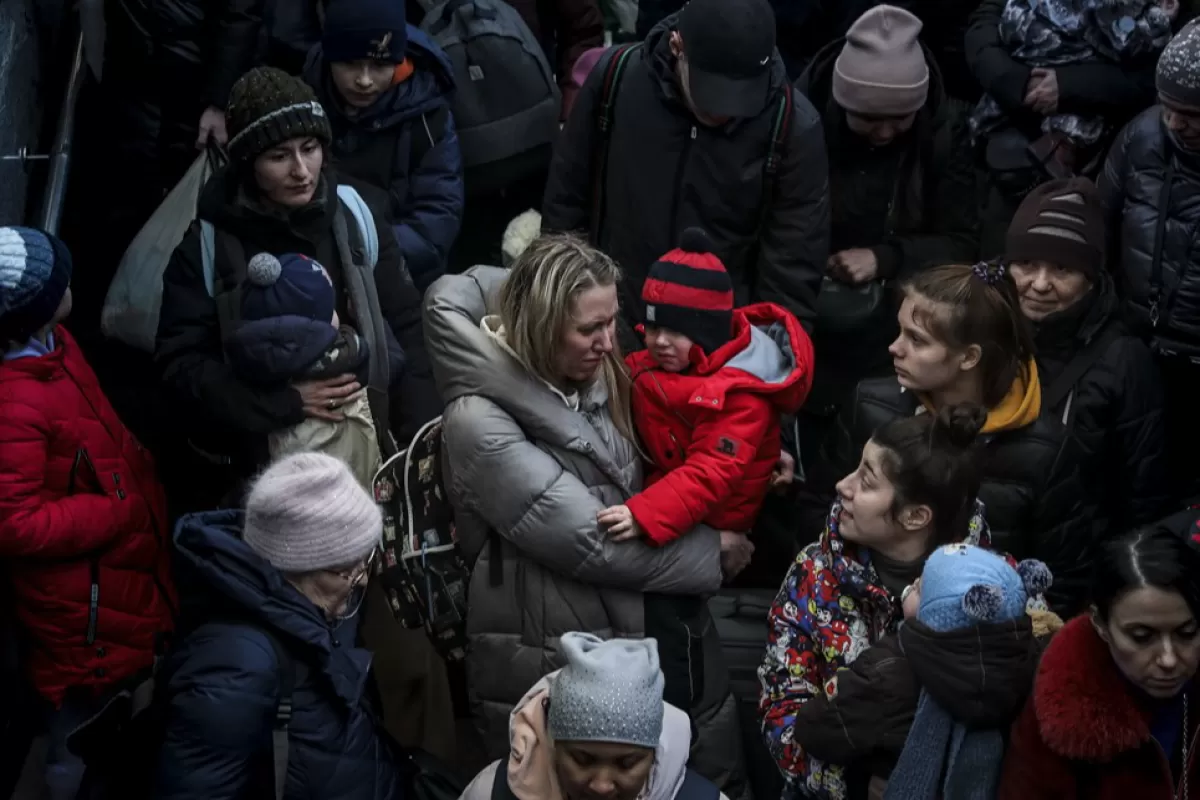
Russia’s war in Ukraine has displaced a huge number of Ukrainian refugees. Millions of people fled Ukraine, heading to other European countries, although many chose to relocate to some of the country’s safer areas. Russia has been trying to turn this crisis to its advantage. In EU countries, it has been promoting false narratives designed to generate public hostility towards Ukrainian refugees. In the case of Ukrainians relocated at national level, Russian propaganda sought to focus on fueling public unrest and internal tensions.
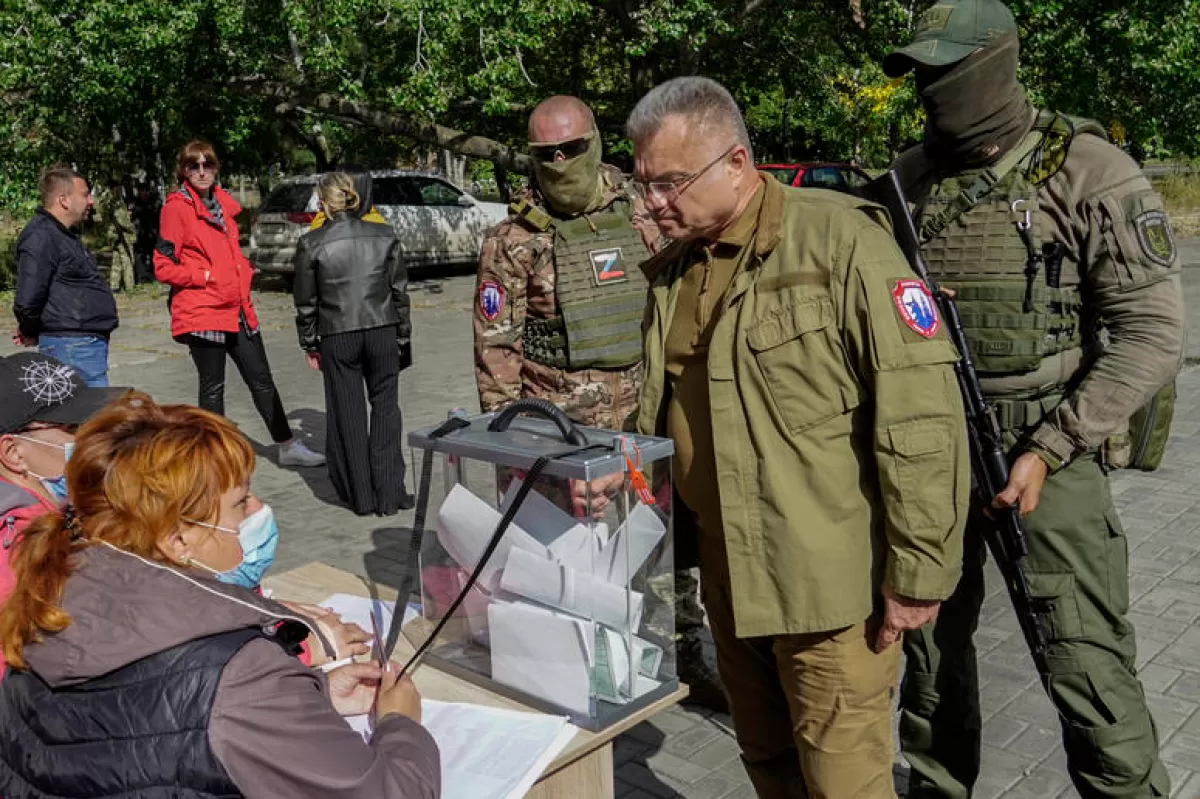
International observers from Western states have confirmed that the referendums in Donbass and in the Kherson and Zaporozhye regions met the democratic standards, Russian state media say. In reality, the Western states did not send observers to the so-called referendums, and the “experts” cited by the Russian media are born in the West, but have lived in Russia for many years and support the Kremlin's policies.

The population of Donbas, Zaporizhzhia and Kherson have a right to self-determination under the UN Charter, which makes the referendums in southern and eastern Ukraine legitimate, says Russia’s Foreign Minister, Sergey Lavrov. In fact, Russia violated the UN Declaration on the Principles of International Law by invading Ukraine, and the international community will not recognize the referendums.
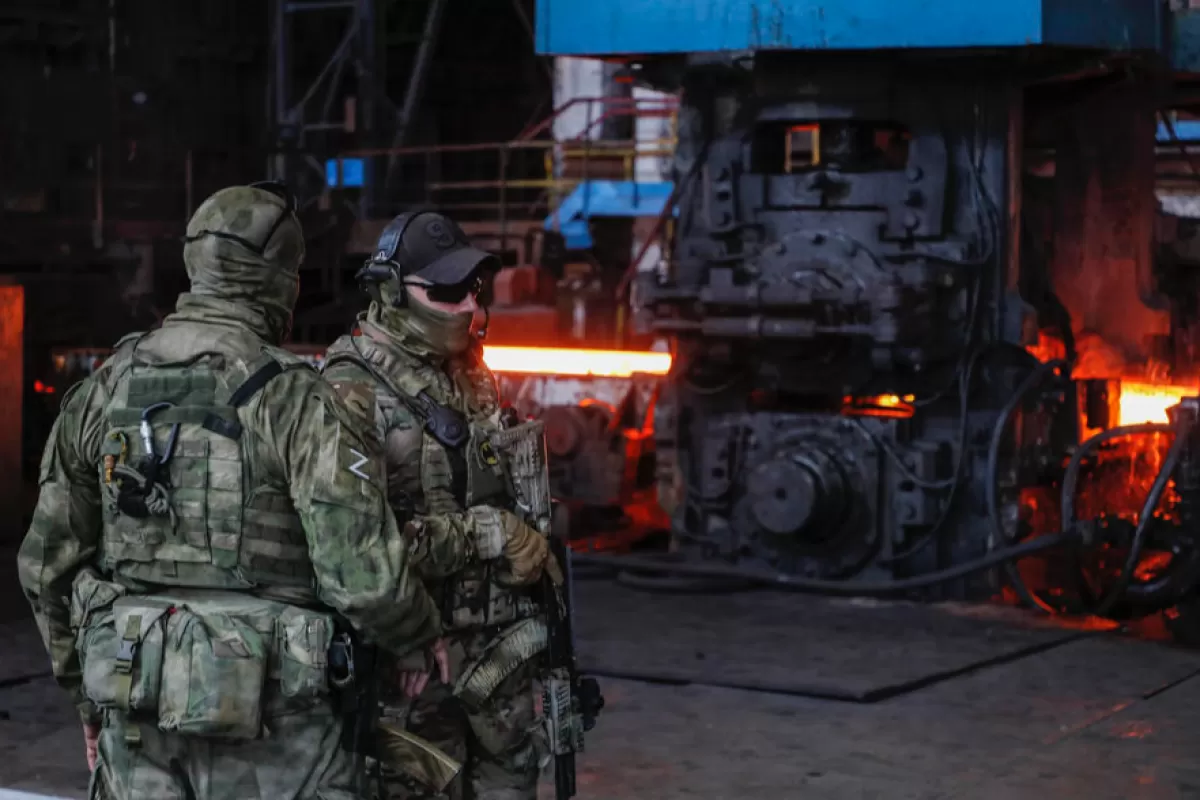
The Russian independent press reports that Russian doctors, teachers, civil servants and builders are being sent to the occupied territories of Ukraine to prepare “the union with Russia”. Meanwhile, Western sanctions are hitting the Russian economy and the well-being of the population, experts say. President Putin, however, continues to blackmail Europe with cold in the winter and famine.

The Ukrainian army is bringing bodies and destroyed military technology to the town of Lysychansk to stage a new massacre, representatives of the Russian Ministry of Defense claim. This is the latest false narrative whereby Moscow is trying to blame Ukraine for the war crimes committed by Russian troops.
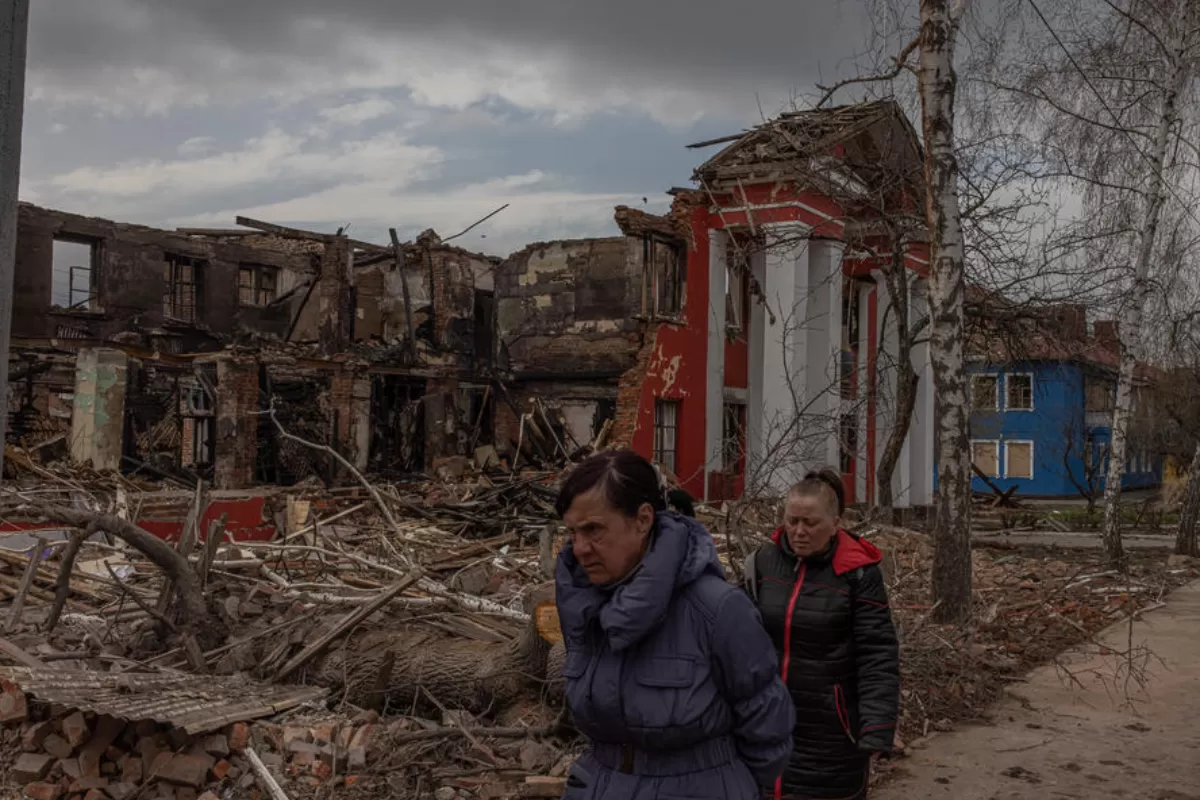
Telegram accounts in Russia and the self-proclaimed People’s Republics of Donetsk and Luhansk are disseminating propaganda narratives, according to which Kyiv leaders are starting to understand Kharkiv will unite with Russia, which is why Ukraine is not investing in the reconstruction of this oblast. In fact, Ukraine has ruled out the concession of any territory, but it cannot start reconstructing its cities as long as they are still being bombed.

The inhabitants of Zaporizhzhia has asked that their city be included in the People’s Republic of Donetsk, the Russian media writes. This is a fabrication – there has never been a request in this sense.

Despite its overwhelming superiority in terms of military strength, Russia did not attain any notable objective in Ukraine, primarily due to the Ukrainians’ staunch resistance. Evidence of that can be found in the territories occupied by the Russian army, where the population refuses to accept occupation forces and the few local collaborators the Kremlin is trying to impose in key leadership positions.

Most Ukrainians are waiting to be liberated by Russia, which has been forced to launch a special operation and is the victim of Ukraine’s aggression, says the Luhansk separatist leader. These false narratives are amplified by the Russian media.

The Russian media writes Kyiv alone is to blame for the prolonged conflict in Ukraine. The narrative is used alongside older propaganda messages, according to which Moscow is carrying out a special military operation aimed at protecting civilians, whom Kyiv is using as human shields.
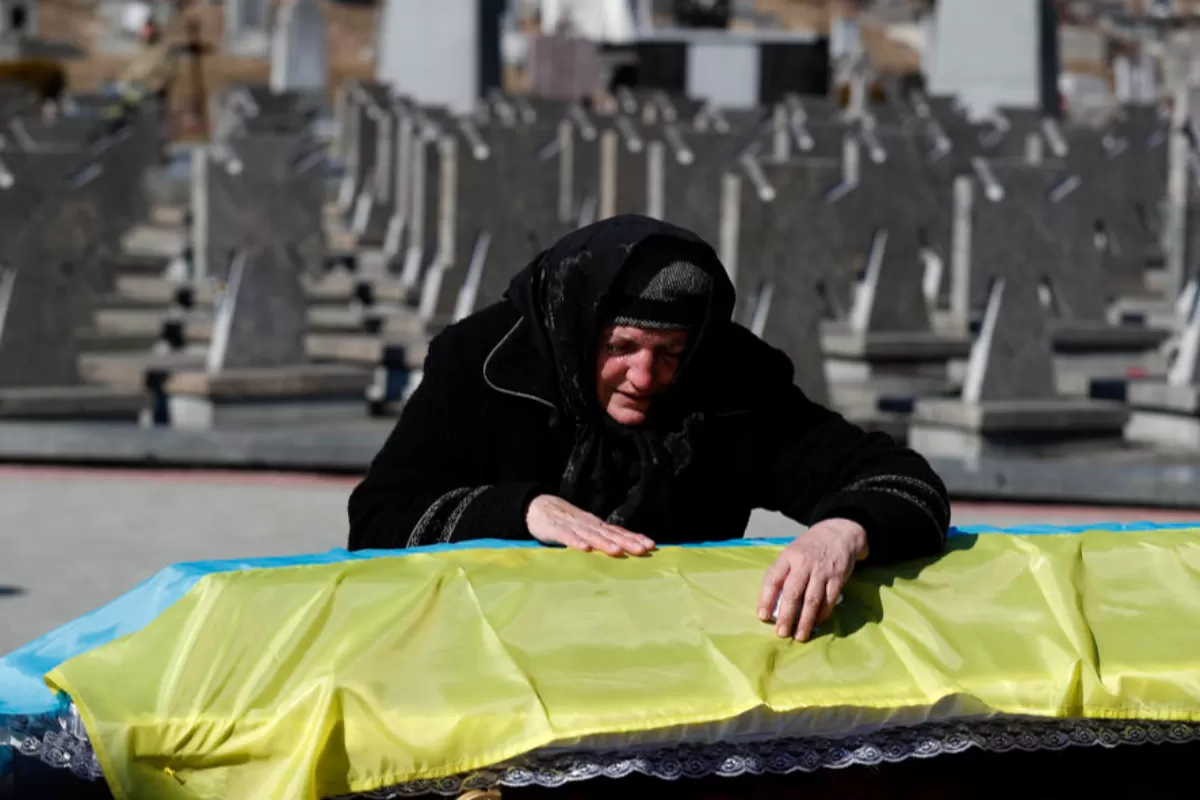
In the articles selected this week by Veridica, journalists are calling on their peers who sided with the Putin regime to tell the truth. They describe how war is being presented in schools across Russia and argue that information justifying the Russian aggression in Ukraine was introduced in school curricula a few years back.

A concentration camp was discovered in the region of Luhansk, where Russian speaking people were tortured, according to a false narrative disseminated by the Russian state media. It presents Russia as a state that, through its “special military operation” in Donbass, freed the local population and chased away “the Nazis” and “the nationalists”.

Among those, the obsession for imaginary “Nazis”, labeling anyone opposing Kremlin policy “traitors”, and criticism against the so-called LGBTQ “ideology”

Russian propaganda continues to seek to justify the invasion of Ukraine and the bombing of civilian targets, including schools and hospitals. According to a recent narrative, a Ukrainian attack on Donbass was imminent, and Kiev was hiding its intentions by deploying troops to schools and hospitals.

The Russian government media published a series of documents designed to prove Ukraine was planning an invasion of Donbas in March. The narrative was launched with a view to justifying Russia’s military operations against Ukraine.

The recognition of the separatist republics in Donbass, which was an intermediate step towards the total invasion of Ukraine, could prove to be one of Putin's biggest mistakes and the beginning of the end for his regime.

The United States does not consider Russia is invading Ukraine by sending troops to the separatist republics of Donetsk and Luhansk, since it didn’t adopt harsher sanctions. This false narrative is promoted by Sorin Roșca Stănescu, a journalist known for being involved in criminal investigations, and whose articles regularly reference narratives similar to those publicized by Russian propaganda.

The Pro-Kremlin media in Russia and in the self-proclaimed republics in eastern Ukraine have launched a series of false narratives about the destruction of civilian infrastructure in Donbass, which was allegedly staged by Kiev to “justify” its attacks on Russian-speakers.